Innovation starts with a seed of an idea. It takes an entrepreneur with vision and courage to make that seed blossom into a business that enriches our lives or even provides our livelihood.
Since 2015, the Consumer Technology Association (CTA) has produced the U.S. Innovation Scorecard, highlighting work in states across our nation to advance technological progress and improve quality of life for Americans and people around the world.
In tough times, innovation thrives. Over the past three years, American business leaders and entrepreneurs launched and grew technologies that helped businesses move seamlessly online, relieved supply chain bottlenecks and delivered vital medical care across state lines. New innovations changed the relationship between humans and technology, with advances in robotics, AI, smart home, virtual and augmented reality and more enhancing what we as people can do. More, a focus on sustainability and the desire to keep our world cleaner and greener generated new products that preserve energy and protect our environment.
The United States is a beacon and a magnet for people with innovative ideas and the drive to make them a reality. Yet as always, some states do more than others to help encourage and support that innovation. Those that allow businesses to grow and create new competition and even new industries bring benefits to their own residents and to people all over the world.
In the 2023 U.S. Innovation Scorecard —our 6th edition—CTA evaluated all 50 states on 11 quantitative and qualitative categories, including internet, STEM education, diversity and inclusion, and support for disruptive technologies like self-driving vehicles, drones, and telehealth. Our 2023 Innovation Champions show that smart policy paired with big ideas can deliver huge rewards for us all.
I’m thrilled to share the 2023 U.S. Innovation Scorecard, our assessment of the American innovation landscape and our vision for what’s to come.
Gary Shapiro
President and CEO, CTA

CTA’s Innovation Scorecard is formulated using 11 categories that, in combination, indicate how strongly a state supports innovation. Some of these factors relate to individuals in a state, while others address corporations doing business or employing people there, and others concern the legislative and regulatory environments. All third-party sources and state policy inputs reflect the newest information available as of 2022.
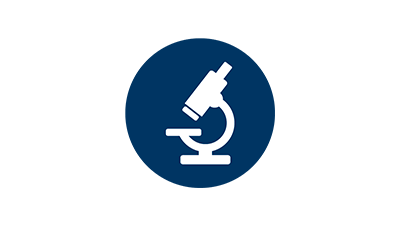
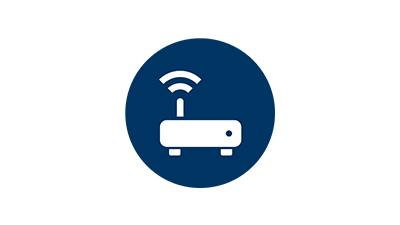
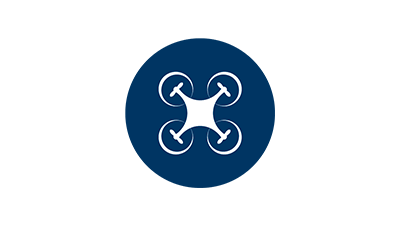


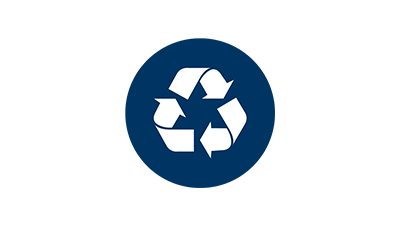
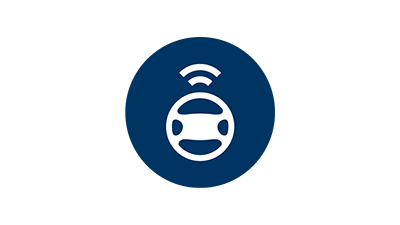
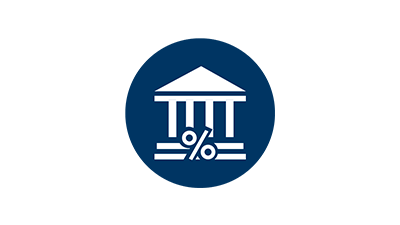


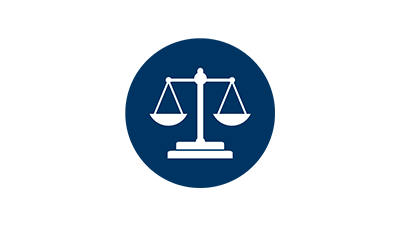
The overall innovation scorecard grade captures a state’s overall support for innovation based on the criteria above. Each criterion receives equal weight in the final scoring formula. Final composite scores are then graded on a curve to determine which of the four tiers a state will be ranked in: Modest Innovator, Innovation Adopter, Innovation Leader or Innovation Champion.